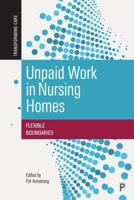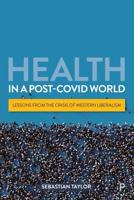Publisher's Synopsis
This is the first textbook that makes workplace health surveillance accessible to a broad audience. Step-by-step, it shows how to establish or improve a surveillance system. The reader learns about defining objectives, seeking organizational support, forming a surveillance workgroup, collecting data, calculating basic injury and illness statistics, designing databases, analyzing and interpreting surveillance data, setting priorities, making protocols for follow-up and case management, marketing results and giving feedback, and evaluating surveillance systems. Links are emphasized between surveillance and workplace follow-up, community-based intervention programs, cost-benefit analysis, and other prevention activities. Readers get a solid foundation of epidemiologic concepts reinforced by examples that use simple arithmetic. Leading practitioners from government, business, and unions illustrate the surveillance of injuries, lead poisoning, pesticide illness, cumulative trauma disorders, asthma, noise-induced hearing loss, silicosis, cancer, and chemical and physical hazards. Non-traditional data sources are examined, including health and disability insurance, hospital discharge, and poison control centers. Disability surveillance, return-to-work, and the quality/effectiveness of health services also are explored. Surveillance is shown to be an action-oriented tool for decision-making that is the key to a successful health and safety program.









